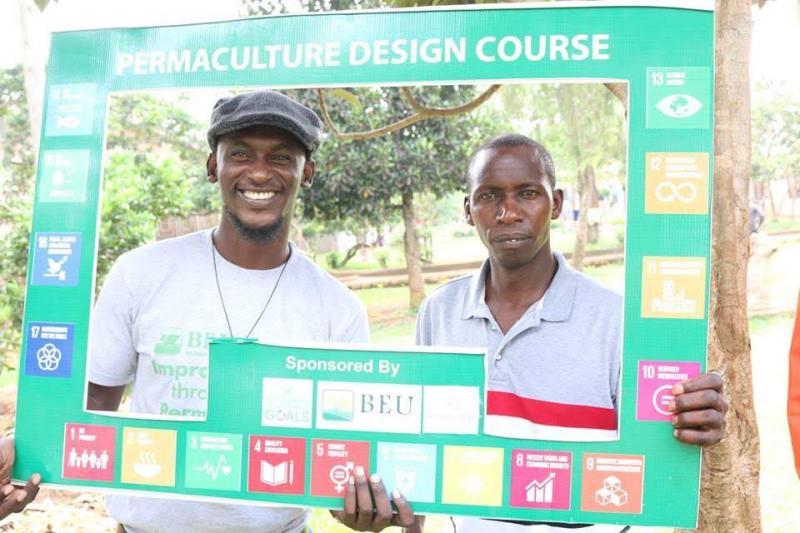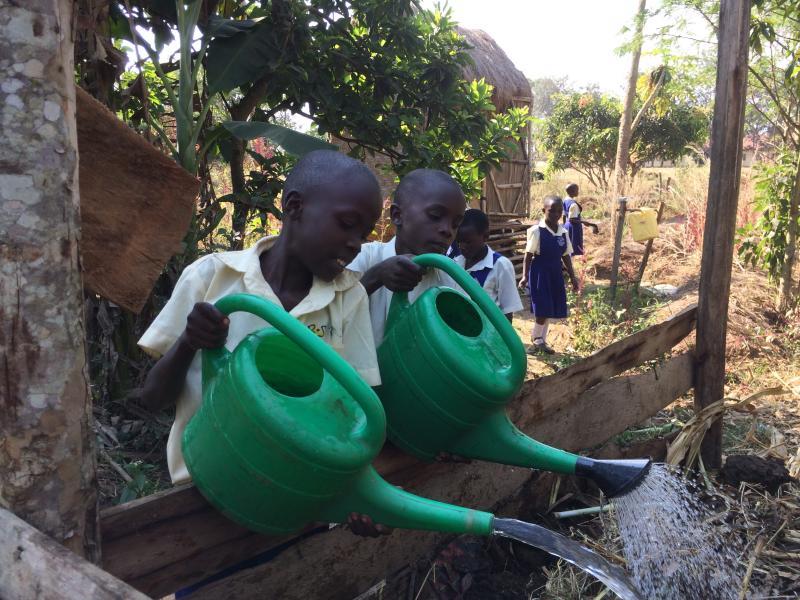Tusabe Richard
Long Bio
About Richard
Richard (he/him) is a Ugandan passionate environmental enthusiast and advocate, dedicated to empowering young people in environmental management. He is currently pursuing an MS in Climate Change and Development at Makerere University in Kampala, a new and captivating program in which he is one of the pioneering cohort. He has participated in the development and implementation of a number of projects aimed at nurturing environmentalism in young individuals especially in schools. In 2020, he was inspired to form “Global Initiative for Young Environmental Stewards,” a grass-root, youth-oriented nonprofit organization working to engage and inspire children and youth towards positive environmental action.
Hailing from Ssese Islands on Lake Victoria, his upbringing instilled a deep connection to nature and a strong commitment to preserving the environment. Over time, Richard has come to recognize the urgency of climate change and is now focusing on climate change adaptation and mitigation strategies to address pressing environmental challenges and as such, he actively promotes youth participation in environmental stewardship, firmly believing in their potential to make a significant difference amidst these environmental dilapidations. Richard is also a scholar, see part of his co-authored work here.
About Richard’s Community Action Project (CAP)
In the wake of the escalating environmental challenges in Africa, nurturing a sense of environmental stewardship from a young age is imperative for the sustainable future of our planet, (Leiserowitz et al. (2020). Richard’s proposed community action project, the "Green School Model, GSM 2023,” seeks to contribute to a long-term experiential environmental learning and practice that can be adapted and adopted in primary schools in Uganda. Richard plans to use this as a pilot project in two primary schools, Kampala Capital City and Soroti City as a growing secondary City in the Teso-Sub Region in the North-Eastern part of the country.
Richard’s goal is to engage primary school pupils through hands-on activities, interactive workshops, sports and music, dance, and drama (MDD), experiential learning in practical environmental skills, and a blend with support skills. This will instill eco-centric values, raise awareness about their local environmental challenges, and equip them with practical skills to mitigate ecological degradation and adapt to the changing climatic conditions in their respective communities. His approach is establishing one School-Community Environmental Committee (SCEC) and one Environmental Club (EC) of learners in each school. The project will train the SCEC to be the custodians of the project at the schools and these Committees will train the learners under their environmental clubs through thematic activities for one year. The long-term vision is to lobby support from the government to integrate these environmental experiential learnings into our new school curriculum.
Country

